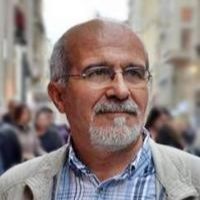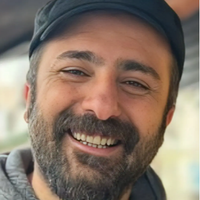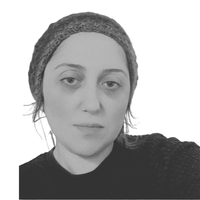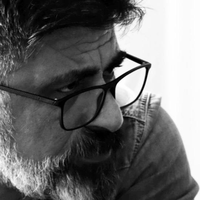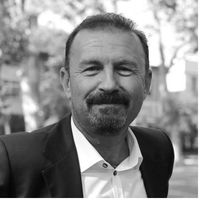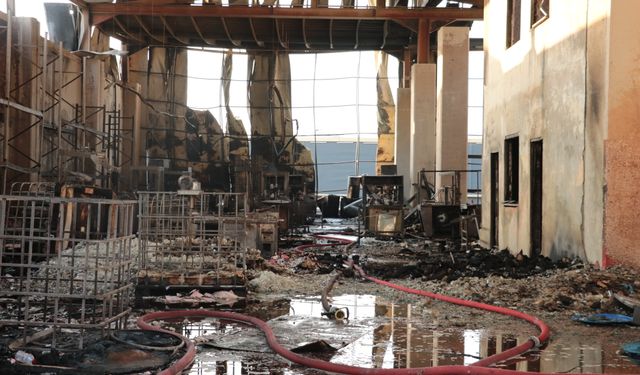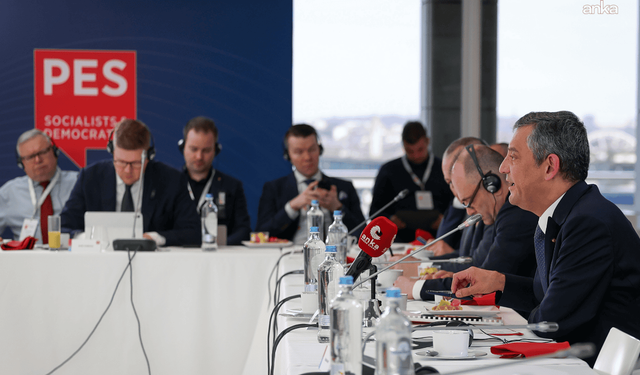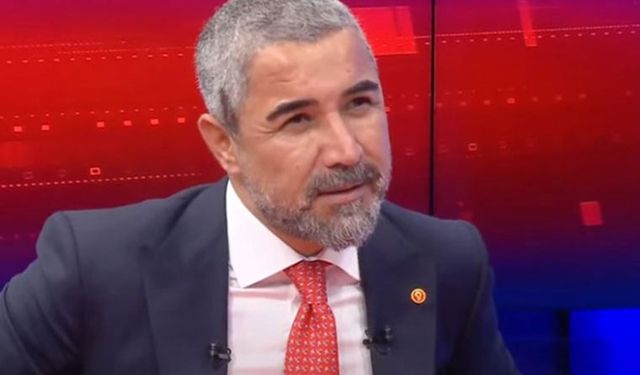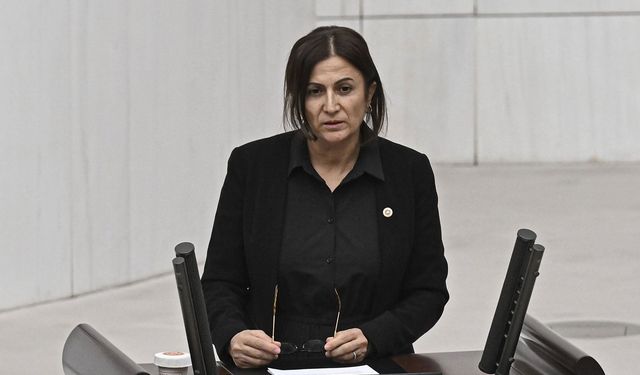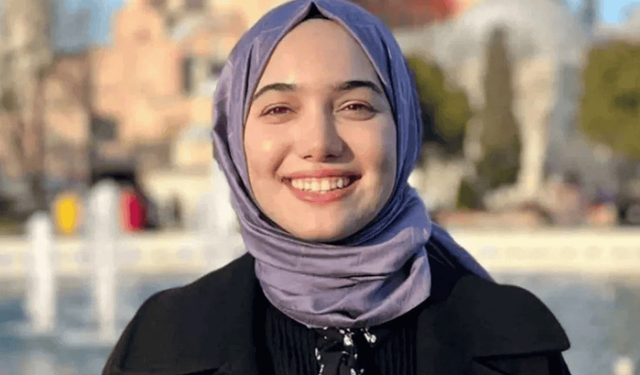Boğaziçi Phill-Free, a platform established by the “volunteer rectors” of Boğaziçi University Philosophy Department, hosted Judith Buther on their very birthday, 24th February, to address the ongoing social struggle in Turkey. Butler is a well-known theorist on gender, identity and power, and they discussed "transnational solidarity" with participants while Boğaziçi Resistance protests are continuing. Following the tremendous interest, the recording is available on youtube as well.
As a quick reminder, at the beginning of the year, AKP chair & President Erdoğan appointed Melih Bulu as a trustee rector of Boğaziçi University, one of Turkey’s most prestigious universities. A former candidate running for parliament under the AKP was the new rector, Prof. Dr. Melih Bulu, who has committed plagiarism in his academic works; his PhD dissertation is included. A mass protest immediately started against the trustee rector and continued by spreading. The police force did not hesitate; dozens of students were detained, tortured in detention, and subjected to strip-search, and some received a sentence. These were some results of LGBTI+ students among protestors were openly targeted and terrorised by the President and the government, and Boğaziçi University LGBTI+ club is closed now by force. Academic freedom is related to the protection of faculty against illegitimate interventions. There is a dependence on the university administrators to block the state, religious authorities, and donors from intervening. Nevertheless, when an illegitimate actor is put in place, the promise of academic freedom is destroyed, as Butler mentions, and we are witnessing in the case of Boğaziçi University.
I just want to say that ıt ıs my honour to be ın here wıth you today and that whatever you decıde to ask the rest of us to do or decıde to do next for the rest of us, we wıll walk wıth you, wıll stand by you. I wıll contınue to read and to learn and to act. I wıll follow your lead...
"THEY START THERE AND THEY MOVE"
Increasing the attacks on LGBTI+ communities is becoming a signature of authoritarian regimes, says Butler, and continues, while these attacks are in the names of traditional or national values, or the name of the family, it is needed to be remembered that we belong to the nation and the histories of all the nations as LGBTI+ people. Despite the extensive idea that LGBTI+ members are distracting the main protest against the trustee rector by simply being there, their presence is central to the movement since authorities perceive them as the more vulnerable and attackable group. They start there, and they move. So solidarity with the most vulnerable is crucial. Also, the LGBTI+ community is not just the most vulnerable group, but they have a great history of activism from which much can be learned. Still, similar attacks are coming from even left-wing groups. There are different lefts, interprets Butler. Some are more integrated with new social movements that include LGBTI+ people and have been renewed. Yet, the old model masculinist left still only or mostly care about class struggle and turn a blind eye to others such as identity, gender or disability struggles. However, again, LGBTI+ people, like other minority groups, have been already in class conflict.
TRANSNATIONAL SOLIDARITY
What do YOU want/expect from transnational solidarity? What do you want to see from us? "The resistance in Boğaziçi is beautiful," states Butler; "theory, affect and our everyday lives intertwine," and adds, "they want to know stories of the persons imprisoned, names, relatives, histories, how their movements work, and more. Everything must be documented and spread. The world will remain to follow up!.."
[embed]https://www.youtube.com/watch?v=2IKTb4HHGKI[/embed]

